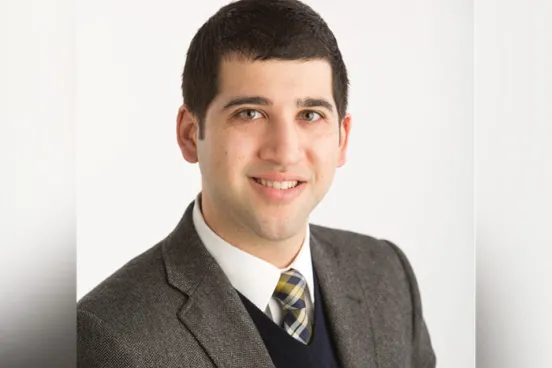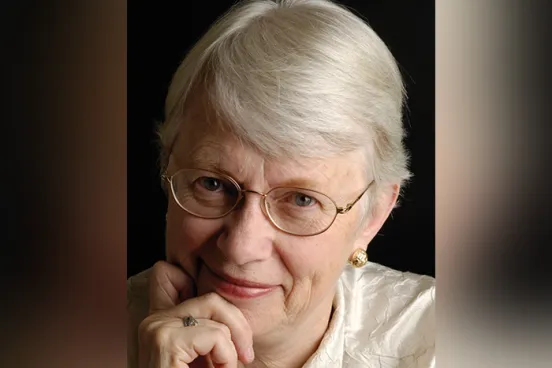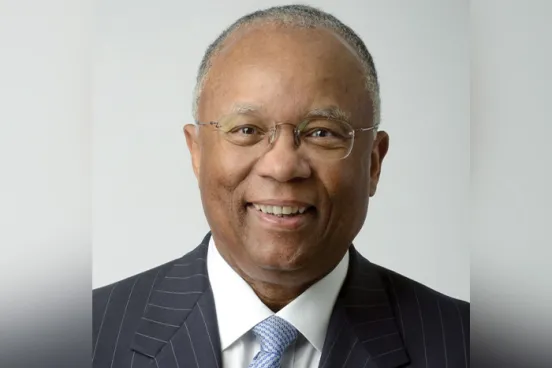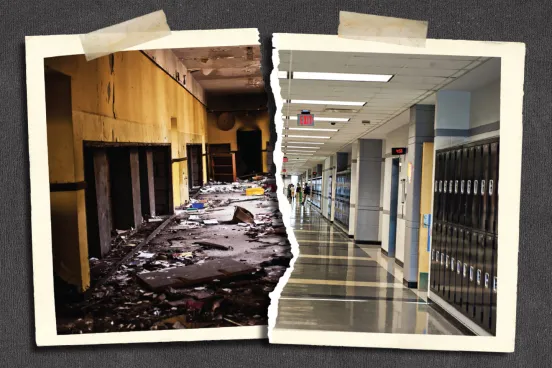Melissa* was at wit’s end. Her daughter Olivia’s school district did not agree that special accommodations were necessary for the little girl, who has a feeding disorder and needs reminders and encouragement to help her eat and use the bathroom.
The stress of the medical condition was intense for Melissa and her husband, and the potential for legal action against the school district created even greater turmoil. They knew they might need an attorney, but they simply couldn’t afford one.
That’s when Melissa’s “cavalry,” as she calls them, entered the picture—some wearing white coats and others carrying legal reference books. Doctors at Michigan Medicine referred the family to Michigan Law’s Pediatric Advocacy Clinic, where Melissa showed faculty and student-attorneys photos of Olivia and told them about her struggles.
From there, the legal team obtained statements from Olivia’s doctors and researched the legal information needed to create a plan under Section 504 of the Rehabilitation Act of 1973, a federal civil rights law that guarantees people with disabilities equal access to an education.
Law students and their faculty supervisors have been engaged in similar activities and have partnered with U-M medical providers since the clinic started in 2004.
Beginning in 2016, pediatric residents from Michigan Medicine have joined as well; several have done monthlong rotations at the clinic and worked with the clinic on cases involving special education, Medicaid coverage for devices such as continuous glucose monitors, and more.
“The idea behind our clinic has always been that the legal team becomes part of the medical team,” says Debra Chopp, clinical professor of law and the clinic’s director. “Now we’re able to further integrate the medical team into our legal team, and our students and clients all benefit from the interconnectedness.”
The partnership, and the clinic itself, address the fact that about one in six people needs legal care to be healthy, according to the National Center for Medical-Legal Partnership. Having medical and legal experts working together also allows students and faculty members to focus on their areas of expertise.
“It gives us perspective for the legal arguments we are making, and it allows us to use our time more efficiently,” says Hanna Ali, a 2L.
The team came together for a meeting Melissa had with representatives from her daughter’s school district. The student-attorneys, clinical faculty, and a pediatric resident spoke about Olivia’s condition, her needs, and what should be included in her 504 plan.
Still, the school district representatives said that Olivia was doing well at school without the accommodations. The team regrouped, and at a follow-up meeting, the school district said it would make several of the accommodations for Olivia that her mother had requested. It’s not everything she wanted, but it’s a start, Melissa says.
“U-M has been my village,” Melissa says. “Knowing that I had the medical support and the legal support I needed—words can’t describe how grateful we are. My heart is filled with love.”
*Names of the patient and her mother have been changed to protect their privacy.
A version of this story originally appeared in the summer 2017 issue of
Medicine at Michigan. It is reprinted with permission.







